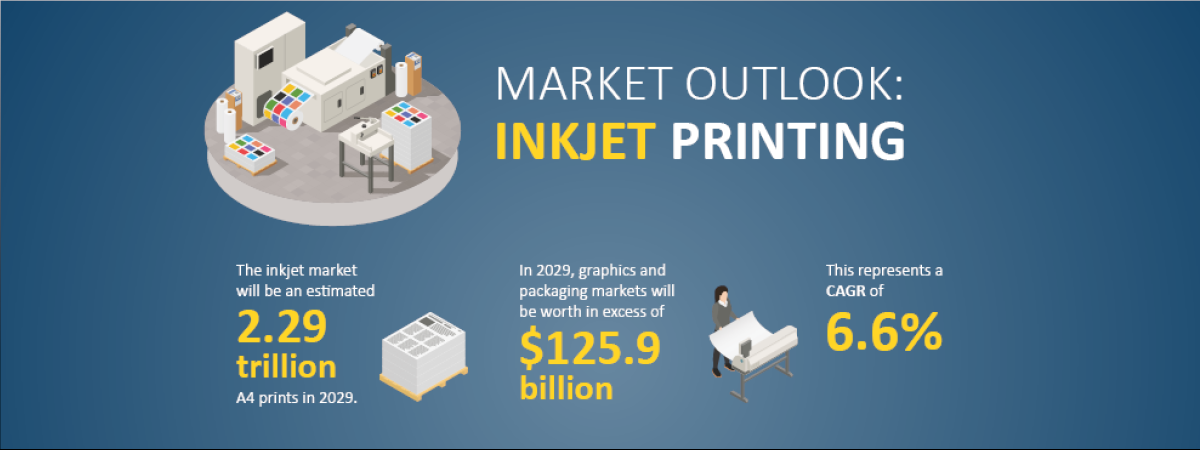10 June 2003
EU Working Time Directive update
It now appears that the United Kingdom is not the only EU member state to give its citizens the choice of opting out of the 48 hour working week according to a recent European Commission report. As a result the EC is less likely to propose abolishing the UK’s individual opt-out this year as previously suggested when it published the review of the opt out (Article 18.1[b]) December 2002. The EC is now aware that other member states have been making limited use of the opt-out; for example, workers earning over a certain salary are exempt in the Netherlands. Whilst it is clear that the UK will not retain the opt-out in its current form, these recent findings have resulted in new compromise options appearing on the Commission’s radar. The European Working Time Directive was introduced in to the UK in 1998. The regulations covered a range of concerns from rest breaks and holiday entitlement to minimum standards on working hours. However, it is was the stipulation that the average working week should not exceed 48 hours which led the UK to push for and gain an opt-out clause. The opt-out allows individual workers to work more than 48 hours a week, provided they sign an opt-out agreement. The UK is currently undertaking a review of the use and necessity of this opt-out because the EC deemed a previous report to have been lacking in case studies. The previous report highlighted the widespread opposition from business to the loss of the opt-out; this has been reinforced by a recent survey undertaken by the Employment Lawyers Association and Personnel Today magazine which found that over three quarters of employers oppose its loss. Without empirical evidence it is difficult to assess the real value of the opt-out to the UK; for example, many companies are thought to have been using the opt-out as an administrative tool when their staff may not in fact work over 48 hours a week on average. The BPIF’s own survey of 30 printers in 1997 suggested that at that time the industry was willing to agree to a 48 hour week, subject to the qualification period being spread over a period of 17 weeks to one year. However the BPIF is keen to re-evaluate the results and would like to speak to printers for whom abolition of the opt-out would cause a major problem. Magazine printers are thought to be particularly vulnerable. The first report saw the CBI adamantly reject the view that "there is a utopian way to run every business". It went on to stress that the Working Time Regulations were there to protect workers with a basic set of minimum standards, and that the reorganisation of working practices was a matter to be tackled by the sharing of best practice rather than prescriptive legislation. The TUC, in contrast, argued that the opt-out should go because "health and safety law should apply to all". In the light of the recent findings, lobbying bodies are now exploring the compromise options which the Commission may now consider. It is possible that the UK may be offered a phased opt-out timetable or, perhaps retain individual opt-outs for individual sectors. The BPIF is working with the CBI, with a view to securing a compromise option which is acceptable to the printing industry. That other European member states are also using the 48 hour opt-out, for so-long thought to have been the exclusive preserve of the way ward UK, appears to auger well for the campaign to avoid its complete abolition. The BPIF welcomes any comments you may have in relation to this on-going review; please direct them to Laura Jackson on (020) 7915 8319 or email [email protected]. Intergraf Economic News (Paper Prices) - March 2024
Intergraf Economic News (Paper Prices) - March 2024
18 March 2024
Access the latest edition of the Economic Newsletter for the European Printing Industry for data on paper consumption, and pricing data for pulp, paper and recovered paper. Data for packaging papers and board is also available with this edition.
 UK to follow global expansion of inkjet printing
UK to follow global expansion of inkjet printing
21 March 2024
The latest expert analysis from Smithers identifies the potential of the latest generation of inkjet systems to improve profitability across the global print market. Read more about the new report The Future of Inkjet Printing to 2029.
The BPIF is the printing industries champion. By becoming a member you join a diverse and influential community. We help you solve business problems, connect you to new customers and suppliers and make your voice heard in government.
Call 01676 526030









